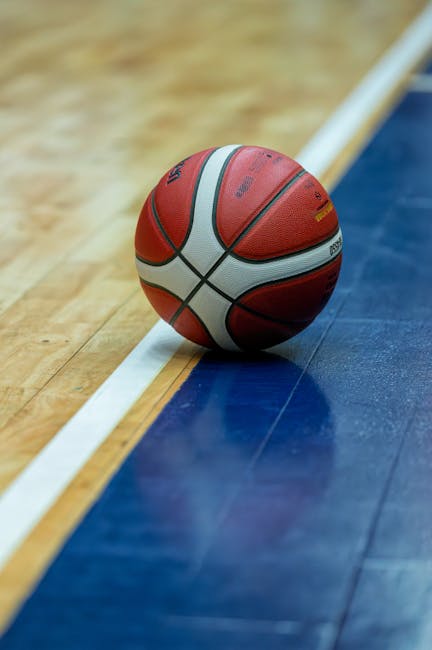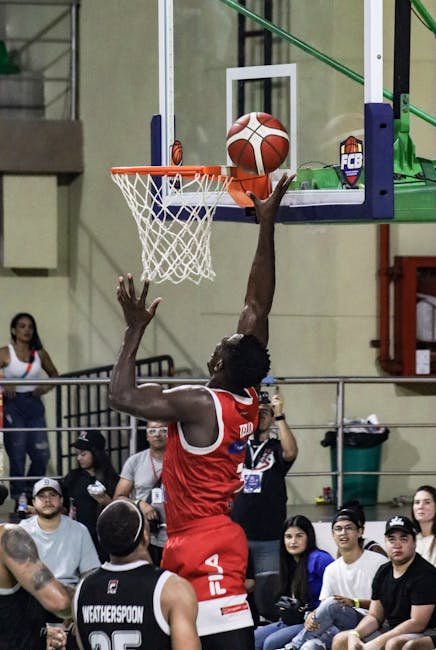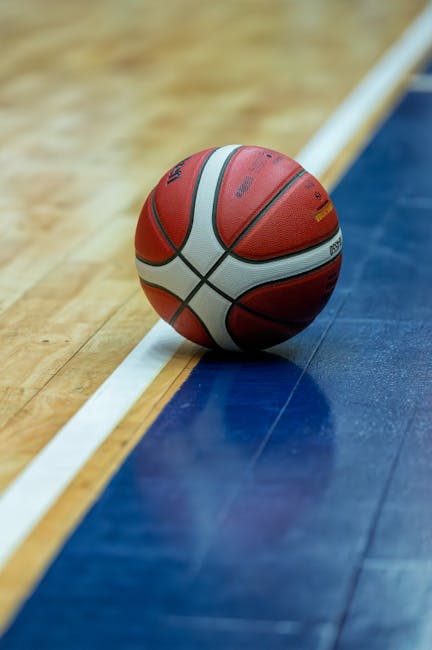Quakers Sports Teams: A Deep Dive into History, Culture, and Community Impact
The term “Quakers Sports Teams” might initially conjure images of a single, perhaps obscure, athletic group. However, the reality is far richer and more nuanced. The name “Quakers” is often associated with colleges, schools, and even individual teams across various sporting disciplines, reflecting a long and varied history interwoven with the Society of Friends (also known as Quakers) and their values.
The Quaker Influence on Sports: Values and Principles
Understanding the connection between Quakers and sports requires examining the core tenets of Quakerism. These values, including simplicity, peace, equality, and community, have significantly shaped the ethos of many Quaker sports teams throughout history. This isn’t to say that Quaker athletes are always pacifists, but the emphasis on fair play, respect for opponents, and a focus on the holistic development of the individual – both on and off the field – are distinguishing characteristics.
Unlike some institutions driven solely by winning, many Quaker sports teams prioritize building character, fostering teamwork, and promoting a sense of community. This emphasis on personal growth and integrity often leads to a different approach to competition, one that values sportsmanship and personal development as highly, if not more so, than the pursuit of victory at all costs.
Key Values Reflected in Quaker Sports:
- Integrity: Honest play and adherence to the rules are paramount.
- Respect: Showing respect for opponents, officials, and teammates is fundamental.
- Community: Teams often foster a strong sense of belonging and collaboration.
- Simplicity: Emphasis on humility and avoiding ostentatious displays of wealth or success.
- Equality: Promoting inclusivity and fair opportunities for all athletes.
Notable Quaker Sports Teams and Institutions: A Historical Overview
Identifying specific teams solely as “Quakers” can be challenging due to varying naming conventions. However, numerous educational institutions with strong Quaker affiliations have historically fielded competitive athletic programs. These institutions, often deeply rooted in Quaker values, have cultivated successful and ethical athletic programs.

Several prominent examples include institutions like Swarthmore College, Haverford College, and Earlham College, all known for their strong academic reputations and a commitment to fostering well-rounded individuals through participation in athletics. These colleges, along with others, have consistently produced successful athletic teams while upholding the principles of Quakerism. Their athletic programs often serve as a microcosm of the broader Quaker values, creating an environment that values both athletic achievement and personal growth.
Examples of Historically Significant Quaker Athletic Programs:
- Swarthmore College Athletics: Known for its rigorous academic standards and competitive athletics, Swarthmore College showcases the successful integration of academic excellence and athletic achievement within a Quaker context.
- Haverford College Athletics: Similarly, Haverford College emphasizes the development of the whole person, promoting athletic participation as a crucial element of a balanced and fulfilling college experience.
- Earlham College Athletics: Earlham consistently demonstrates how athletic programs can align with Quaker values, fostering a supportive and inclusive environment for student-athletes.
The Modern Landscape of Quaker Sports: Challenges and Adaptations
In the modern era of highly competitive collegiate and school sports, maintaining the balance between athletic success and Quaker values presents ongoing challenges. The intense pressure to win, the commercialization of sports, and the increasing focus on scholarships can sometimes conflict with the emphasis on community, simplicity, and holistic development. However, many Quaker institutions continue to strive to uphold their core values while navigating the complexities of contemporary athletics.

Many Quaker sports teams are actively working to address issues such as equitable access to sports, promoting inclusivity, and combating the negative aspects of hyper-competitive sports culture. They often actively engage in community service initiatives, further integrating their athletic programs with their broader social responsibility.

Challenges Faced by Contemporary Quaker Sports Teams:
- Balancing competition and values: Maintaining a commitment to sportsmanship while striving for success.
- Commercial pressures: Navigating the increasing commercialization of sports without compromising core values.
- Ensuring equitable access: Providing equal opportunities for participation to all students, regardless of background or ability.
- Promoting mental health and wellbeing: Prioritizing the mental and emotional health of athletes.
The Future of Quaker Sports: Maintaining Tradition and Embracing Innovation
Looking ahead, the future of Quaker sports hinges on the ability of institutions and teams to creatively adapt their programs while remaining true to their foundational principles. This means finding innovative ways to balance the competitive spirit of athletics with the Quaker emphasis on community, integrity, and personal growth. It requires a constant dialogue and reflection on how to best integrate the spirit of Quakerism within the context of modern sports.
This might involve exploring new models of athletic governance, fostering stronger community engagement, and emphasizing the social impact of sports beyond the playing field. It is a continuous journey of refinement and adaptation, one that will likely shape not only the future of Quaker sports but also influence broader discussions on the ethical considerations within the world of sports in general.
Ultimately, the legacy of Quakers Sports Teams lies not just in wins and losses, but in the lasting impact they have on the lives of athletes, fostering a sense of community, promoting personal growth, and upholding the enduring values of the Society of Friends.

